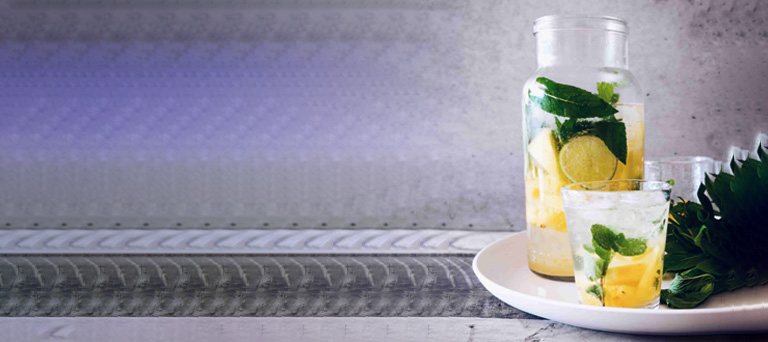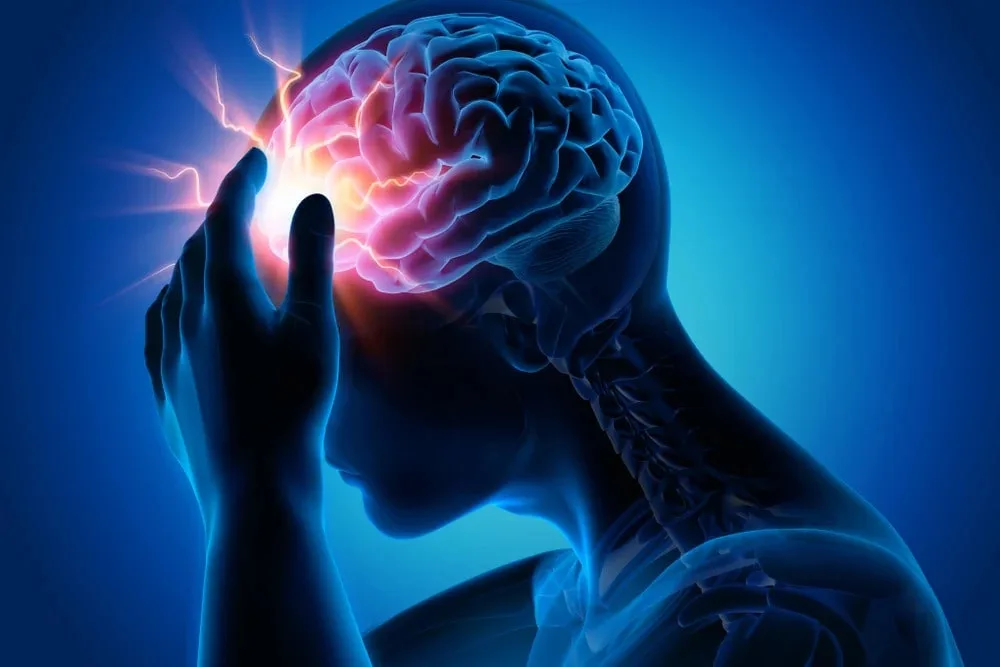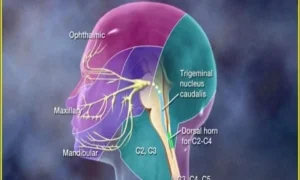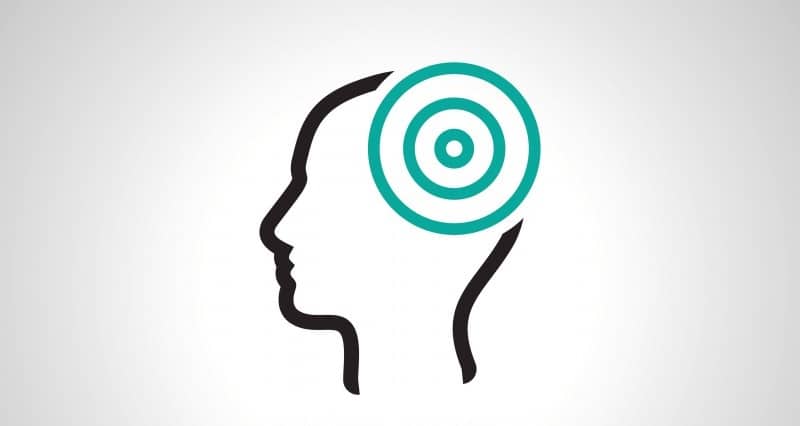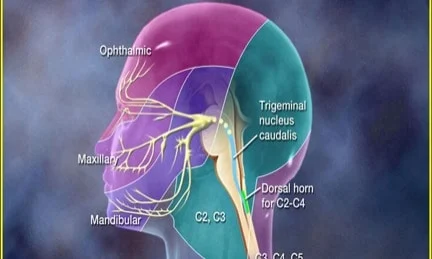As Canadians, we look forward to the hot summer weather after a seemingly endless winter season. However, when the temperatures keep rising and the heat wave persists for too long, it can become a health risk. Severe heat can cause a condition called heat exhaustion, which includes symptoms such as headache, dizziness, and fainting.
Staying out in the hot sun for a long time can cause heat stroke. This condition is more serious than heat exhaustion, and requires medical attention, with symptoms including dry skin, a body temperature rising above 40 degrees Celsius, confusion and even unconsciousness.
Extreme heat presents the greatest health risk for individuals aged 65 years and older, babies and small children, as well as pregnant women and breastfeeding mothers. Moreover, individuals with chronic illnesses, such as diabetes, renal disease, and cardiovascular or respiratory illnesses, are at a greater risk of heat-related illness.
In hot weather, our bodies lose water through perspiration and it is necessary to drink around 6-8 glasses of water a day to prevent dehydration. Failing to consume adequate amounts of liquids in severe heat can cause fatigue, headaches, feeling dizzy and difficulty concentrating.
The good news is that there are several easy steps you can take to staying well hydrated and protecting yourself from suffering the consequences of the summer heat.
1. Drink water
Although the advice to drink water during periods of summer heat seems quite obvious, most people do not drink enough liquids throughout the day to stay hydrated. Health authorities recommend us to drink water even if you do not feel thirsty during severe heat, and one of the best ways to follow this advice is to keep a large refillable bottle next to you in the car or on your desk.
If you have a fast-paced daily routine, make sure to schedule regular water breaks throughout the day to prevent dehydration and heat exhaustion.
2. Eat foods high in water content
In addition to drinking water, it is also a good idea to eat foods rich in water content, including fresh fruits and vegetables such as cucumbers, watermelon, peaches, celery and tomatoes. Foods such as fresh salads, yogurt or steamed fish or vegetables are also rich in water content and will help your body stay hydrated throughout the day.
3. Avoid alcoholic beverages
While having a cold beer or a cocktail with lots of ice can seem like a great idea on a hot summer afternoon, the alcohol contained in these drinks can make you more dehydrated. This is because alcohol is a diuretic, and requires the body to excrete more urine.
If you plan to drink alcoholic beverages, be aware that you will lose fluids you consume faster than usual and will dehydrate quicker. So, it turns out that having a few cold alcohol-containing drinks is not an effective method of hydration, even if they are low in alcohol content.
4. Avoid tea and coffee
Think twice before opting for your usual iced cappuccino or ice tea during a heat wave. These beverages contain caffeine, which is a diuretic and will cause your body to lose fluids and become dehydrated faster. Although in normal weather conditions, the diuretic effect of caffeine in coffee and tea is not considered significant, it can cause dehydration during severe heat.
So, when the temperatures rise, choose caffeine-free beverages low in sugar and regular water to stay adequately hydrated.
5. Don’t forget about electrolytes
Sweating in the heat of the summer days is important to cool your body, when the evaporation of sweat also releases heat from the skin. However, excessive sweating in a heat wave and places can cause you to lose important electrolytes, such as potassium, sodium, and chloride. These electrolytes play an important role in the transmission of information in the nervous system, as well as in communication between nerves and muscles.
Moreover, these molecules also regulate blood pressure and volume, and are important in circulation of oxygen throughout the body. Significant loss of electrolytes in the body can cause muscle cramping, especially in the legs, as well as elevated heartbeat.
You can replenish your electrolytes by drinking sports drinks; however, these often contain a lot of sugar. Alternatively, you can also find natural sources of electrolytes, such as coconut water, bananas, pickled foods and table salt.


